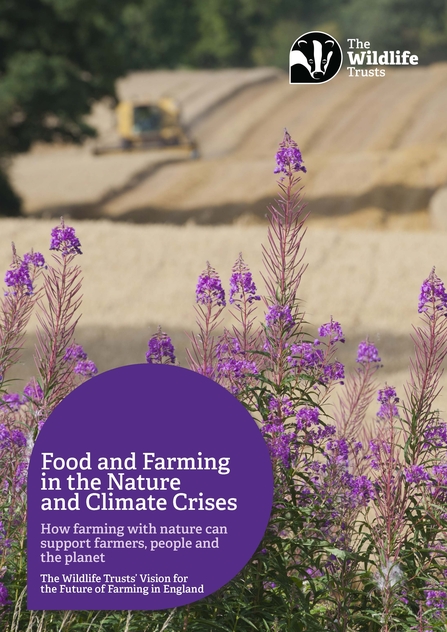Following the Government’s recent move to protect England’s nature-friendly farming budget in the Comprehensive Spending Review, The Wildlife Trusts argue that nature-friendly farming must move centre-stage as one of the most cost effective and efficient ways to reach nature recovery and climate targets across Somerset and vast swathes of the country.
Nature-friendly farming benefits not just wildlife and farm businesses, but also works to reduce flooding risk, tackle climate change, clean up waterways and increase food security. Somerset Wildlife Trust maintain that the entire food system – including politicians, supermarkets, food producers and farmers – must therefore think long term about their support for a nature-positive and climate-resilient farming sector.

